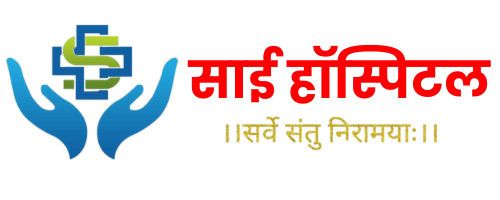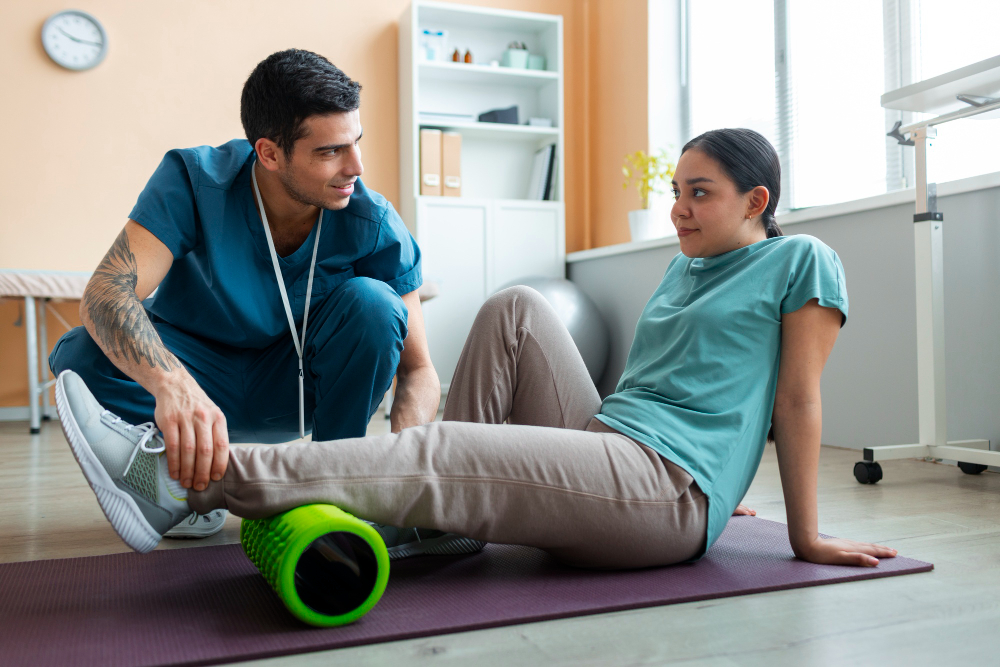Introduction
Ayurveda for post-trauma care & rehabilitation essentials is gaining attention for its natural healing approach. After an injury or trauma, proper care is vital for full recovery. However, many people seek gentle and holistic solutions. Ayurveda, an ancient Indian system, offers natural rehabilitation after injury. It focuses on the body, mind, and spirit. As a result, Ayurvedic post-trauma recovery can help restore balance and speed up healing. In this blog, you will learn how Ayurveda supports healing trauma and aids long-term recovery.
Understanding Post-Trauma Care in Ayurveda
First, it is important to know how Ayurveda views trauma. In Ayurveda, trauma can affect both the body and mind. Therefore, post-trauma care aims to restore harmony. Ayurveda uses herbs, therapies, and lifestyle changes to help the body heal. Unlike some modern treatments, Ayurveda looks at the root cause. This approach helps support natural rehabilitation after injury. Many people find this holistic care gentle and effective.
Common Symptoms After Trauma
After trauma, people may notice many symptoms. These can be physical or emotional. For example, you might feel:
Sometimes, these symptoms last for weeks or months. But with the right care, most people improve over time. Early support is key for better healing and less stress.
Ayurvedic Causes and Principles of Healing
According to Ayurveda, trauma disturbs the body’s natural balance. This balance is called dosha. There are three main doshas: Vata, Pitta, and Kapha. Each person has a unique mix. After trauma, Vata often increases, causing pain and anxiety. Therefore, Ayurvedic healing focuses on calming Vata and restoring balance. Herbs, oils, and gentle therapies are used. In addition, Ayurveda believes in treating the whole person, not just the injury. This helps support both body and mind during recovery.
Diagnosis and Assessment in Ayurveda
Ayurvedic doctors use special methods to assess trauma. They check your pulse, tongue, and eyes. They also ask about your symptoms and daily habits. This helps them find the root cause of your problems. As a result, they can create a plan that fits your needs. Early diagnosis helps guide the right treatments. It also helps prevent long-term issues. Always share your full health history with your Ayurvedic specialist for the best care.
Ayurvedic Treatments for Rehabilitation
Ayurveda offers many natural treatments for post-trauma recovery. Some common therapies include:
In addition, gentle yoga and breathing exercises can help restore strength and calm the mind. Always consult a qualified Ayurvedic practitioner before starting any treatment.
Lifestyle and Dietary Guidance
Along with treatments, Ayurveda suggests simple lifestyle changes. For example, you should:
Moreover, keeping a regular daily routine helps the body heal faster. These steps support natural rehabilitation after injury and help prevent future problems.
Prevention and Long-Term Recovery Tips
Even after you start to feel better, ongoing care is important. Here are some tips for long-term recovery:
With these steps, you can help prevent future injuries and stay healthy. Long-term care is key to lasting recovery and well-being.
Conclusion
Ayurveda for post-trauma care & rehabilitation essentials offers a natural path to healing. With the right treatments and lifestyle changes, you can recover faster and feel better. Consult a qualified Ayurvedic specialist for personalized post-trauma care and rehabilitation guidance.

